Life
Sign up for our newsletter
We summarize the week's scientific breakthroughs every Thursday.
-
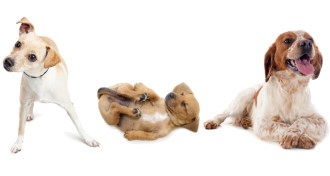 Genetics
GeneticsDarwin’s Dogs wants your dog’s DNA
The Darwin’s Dogs citizen science project is collecting canine DNA to better understand dog genetics and behavior.
-
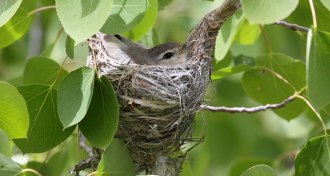 Animals
AnimalsBird nest riddle: Which shape came first?
Today’s simple cup-shaped songbird nests look as if they just had to have evolved before roofed nests. But that could be backward.
By Susan Milius -
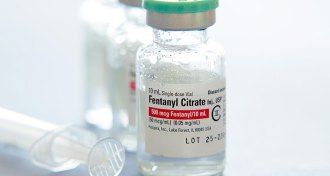 Neuroscience
NeuroscienceFentanyl’s death toll is rising
The ability of fentanyl, an opioid, to freeze chest muscles within minutes may be to blame for some overdoses, a new autopsy study shows.
-
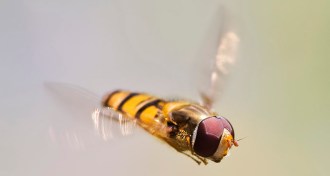 Animals
AnimalsHoverflies (probably) can’t sense gravity
Acrobatic insects called hoverflies may simply use visual and airflow cues and not gravity to orient their bodies midair.
-
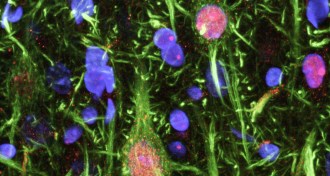 Neuroscience
NeuroscienceEating shuts down nerve cells that counter obesity
A group of nerve cells shut down when food hits the lips, a study of mice finds.
-
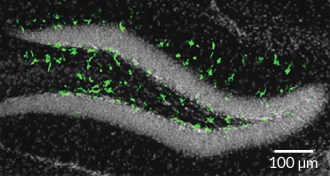 Health & Medicine
Health & MedicineZika kills brain cells in adult mice
Zika virus may harm more than babies: The virus can infect and kill brain cells in adult mice, too.
By Meghan Rosen -
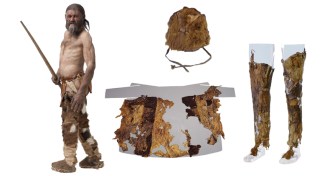 Archaeology
ArchaeologyHow to get Ötzi’s look
DNA from Ötzi the Iceman’s clothes and quiver traced to both domesticated and wild animals.
By Bruce Bower -
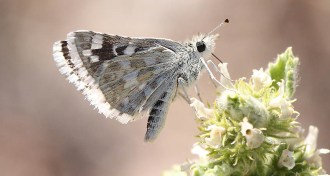 Animals
AnimalsEvidence piles up for popular pesticides’ link to pollinator problems
Neonicotinoid pesticides linked to population declines in California butterflies and wild bee extinctions in Great Britain.
-
 Earth
EarthAmericas’ hookup not so ancient after all
Debate lingers over when the Isthmus of Panama formed and closed the seaway that separated North and South America millions of years ago.
-
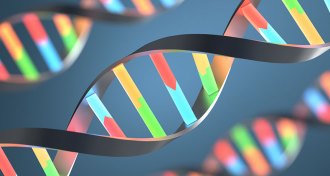 Genetics
GeneticsGenetic diversity data offers medical benefits
Study of protein-producing DNA narrows down disease-causing genetic variants.
-
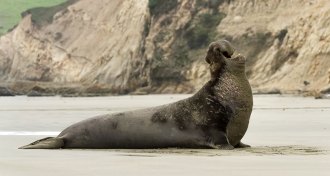 Health & Medicine
Health & MedicineWhen it comes to antimicrobial resistance, watch out for wildlife
Focusing on antimicrobial resistance in hospitals and farms misses a big and not well understood part of the issue: wildlife.
By Susan Milius -
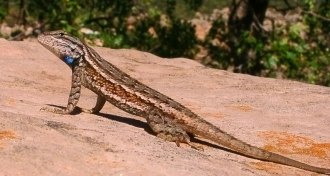 Animals
AnimalsLizard mom’s microbiome may protect her eggs
Striped plateau lizard moms don’t do any parenting beyond laying eggs. But they may convey protection from pathogens with help from their microbiome.